International Travel Continues Despite COVID-19
Rebecca Ivanovksy travels through Kfar Hanokdim, Israel with other members of her Jewish program, NFTY in Israel.
“It was the worst experience I’ve ever had. I was in a foreign hospital, I couldn’t understand what they were saying,” junior Rebecca Ivanovsky said as she recalled getting her blood drawn for antibodies, just one part of the extensive precautions she endured to be allowed to travel to Israel last summer. In addition to getting her blood drawn, she required a COVID-19 test 48 hours before her flight and another once she arrived in the country. She was quarantined for a day until the results of her antibody test came back, at which point she was finally cleared to travel within Israel. She was tested for a third and final time before being able to travel back to the United States after her month-long trip.
Ivanovsky’s experience is just one example of how students combated COVID-19 while traveling overseas.
“Israel controlled [COVID-19] better and faster than we did,” Ivanovsky said. Israel’s response to the pandemic contributed to the overall safety she felt during the trip. As a part of a Jewish program in which Ivanovsky is a member, she said she was one of the only groups allowed into the country.
In contrast to the swift and effective COVID-19 response in Israel, Brazil had a high rate of infection and a lack of infrastructure such as adequate hospitals and testing locations needed to handle the pandemic. Junior Max Grinfeder traveled with his family to his hometown of São Paulo at the beginning of the summer, a time when the spread of the virus was most rapid.
“The death rate was way higher in Brazil than here. People were actually scared for their lives. Here it’s still serious, but infrastructure helps a lot,” Grinfeder said.
“My mom was worried about me because I only had the first dose of the vaccine, so we were on full alert,” Zoe Grinfeder, Max’s sister said.
Despite differences between countries in handling the pandemic, students said they took precautions that made them feel safer. Specifically, access to vaccines for teenagers 12 and older.
Freshman Grace Kamps said that although her parents were initially hesitant to let her travel to Cancun with a friend, they ultimately allowed her to go because both families were fully vaccinated after the approval for 12-15 year olds in May.
“I got vaccinated the first day I was allowed to,” Kamps said. “My parents were like ‘OK, her whole family is vaccinated.’ but they were still nervous.”
Senior Youssef Tazoui expressed a similar sentiment towards vaccines. He traveled to Morocco with his family for three weeks and noted how most of the country was shut down during his visit. His vaccine made traveling easier and gave him more peace of mind.
“I wasn’t really worried. Because I was vaccinated, it didn’t really cross my mind,” Tazoui said.
Many students were able to pick up international trips wrecked by the pandemic back in March of 2020.
“We were just visiting as a family vacation…it’s been like eight years since we’ve gone so we made sure to go this year,” Tazoui said.
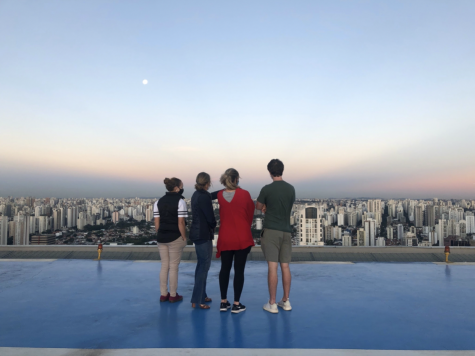
“It feels so good to be home. Just arriving there I was like ‘I’m home’, you know? Home isn’t where my house is. When I saw my family and everything and felt so comfortable, I was like this is it”, Zoe Grinfeder said.
(Zoe Grinfeder)
Kamps missed both her school trip to Europe last summer and a family trip to Wales and Ireland in 2020. However, she was able to visit Cancun in early August.
“It probably wasn’t the best choice, but it was an experience and I had already had to miss out on so much,” Kamps said.
Other students were able to visit their home countries and family overseas after spending the last 18 months apart and expressed relief at being able to reconnect with loved ones. Max and Zoe Grinfeders’ family moved to the United States from Brazil in 2017 and got the chance to travel home for ten days in late May after receiving the first vaccine.
“I’ve stayed here for two years straight because of COVID-19, I was scared to go back because I thought, ‘Is it gonna be awkward? Is it still gonna feel like home?’ and it didn’t disappoint. When I got there I felt like I belonged. This is my place, you know? I never felt out of place. I felt like I was where I needed to be,” Grinfeder said.

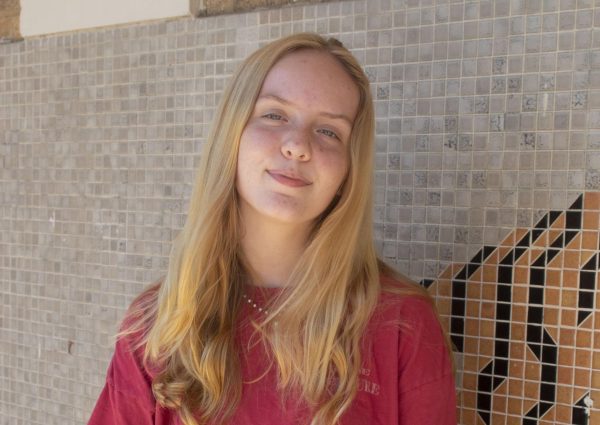



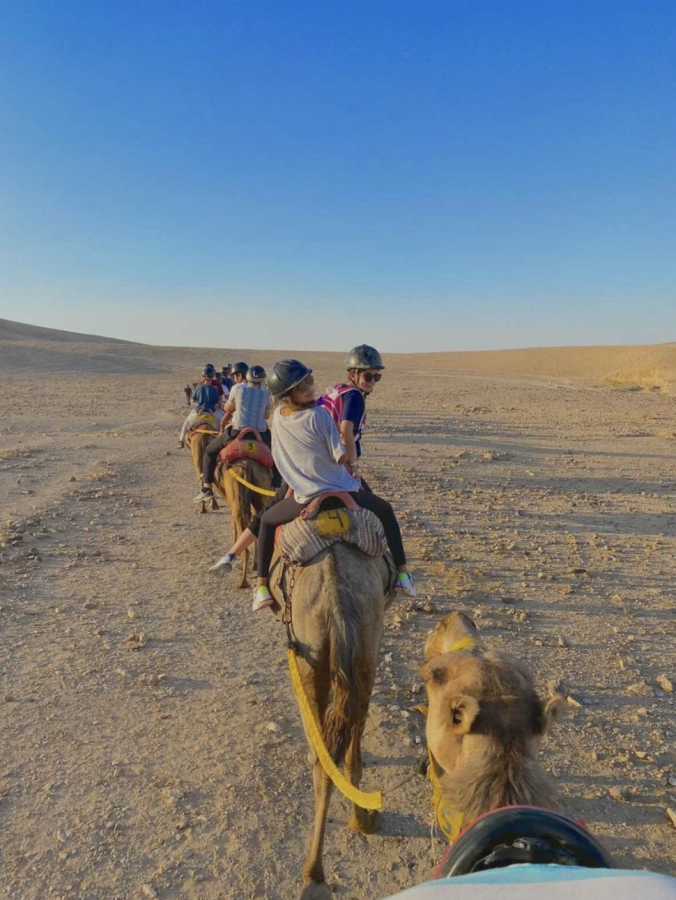
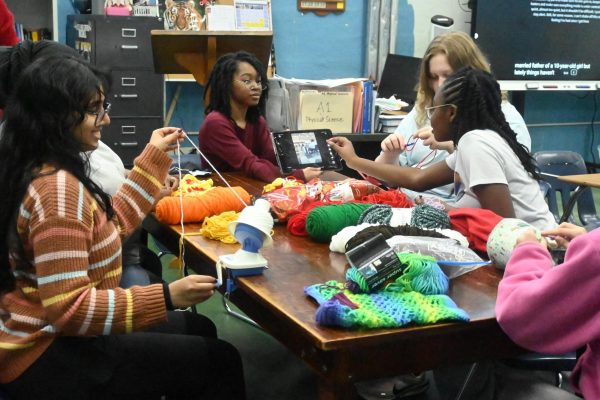
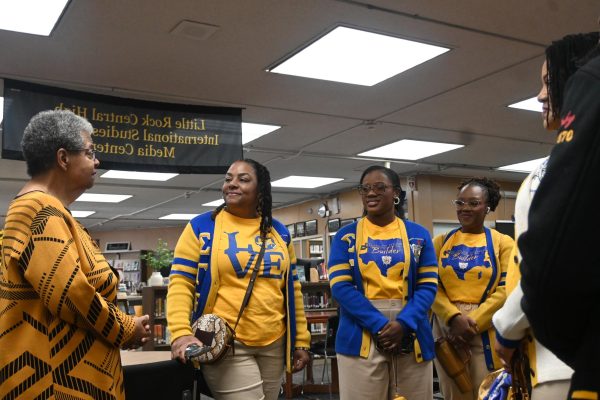
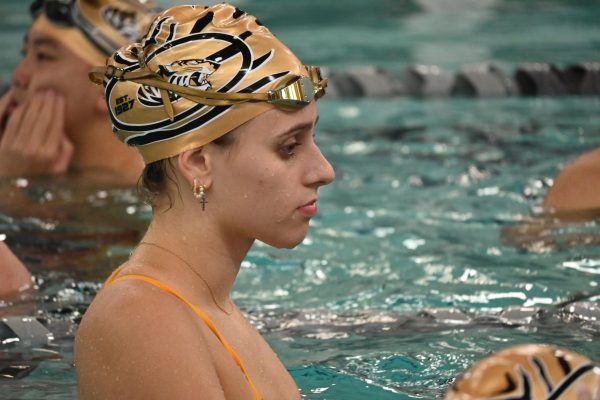
Ellyson Bradford • Sep 24, 2021 at 8:42 am
What he said!! Great job
John Finkbeiner • Sep 21, 2021 at 11:19 am
Great story. Informative, well-written and personalized to subjects and audiences.